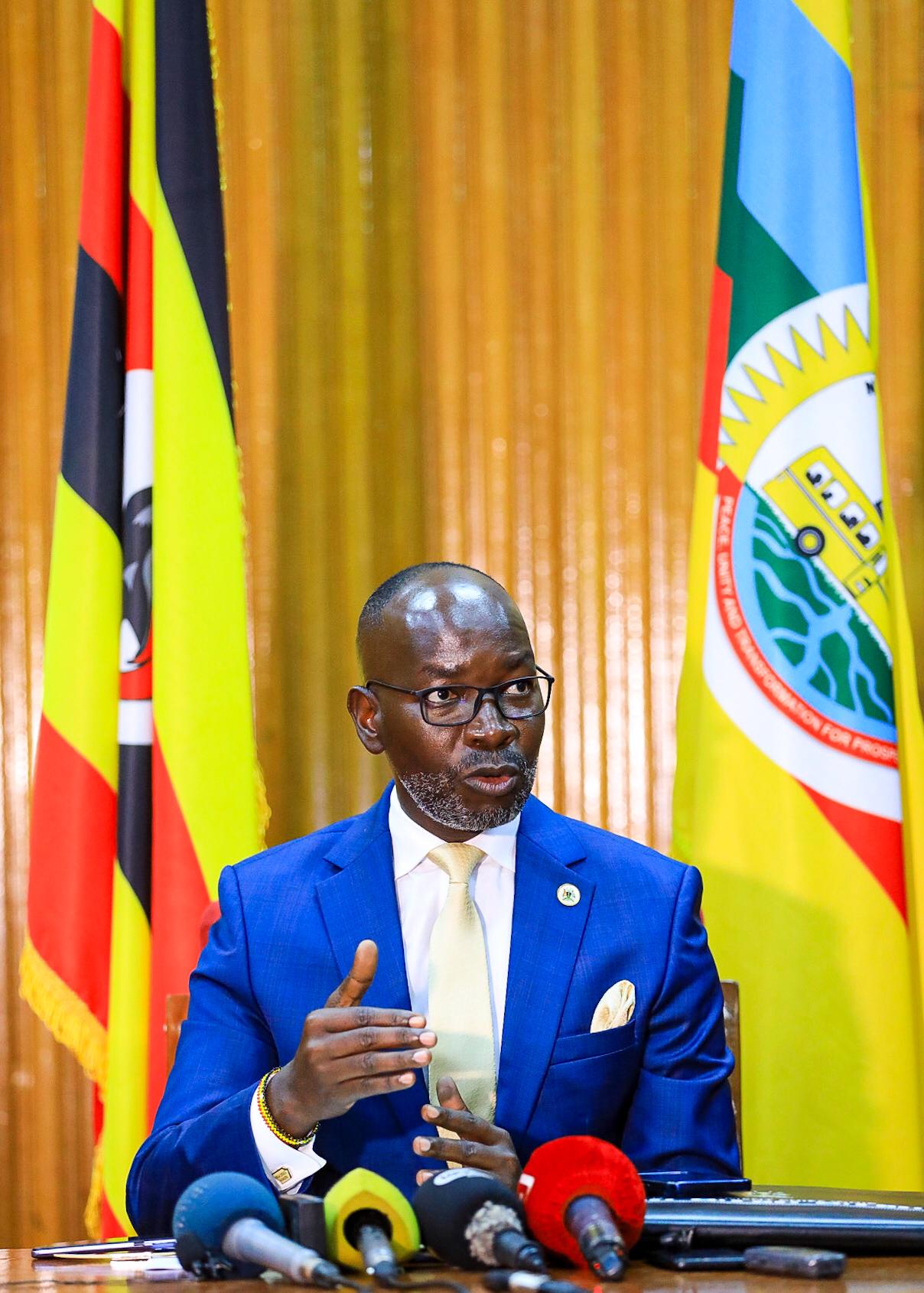The ruling National Resistance Movement (NRM) Parliamentary Caucus has endorsed two significant legislative proposals aimed at reforming the operations of the Uganda People’s Defence Forces (UPDF) and regulating political party financing in the country.
These resolutions were adopted during a caucus meeting convened at State House Entebbe, chaired by President Yoweri Museveni.
While addressing journalists shortly after the meeting, Government Chief Whip Denis Hamson Obua announced the Caucus’s unanimous support for both the UPDF Amendment Bill and a Private Member’s Bill that seeks to amend the Political Parties and Organisations Act.
According to Obua, the caucus resolved to fully support the UPDF Amendment Bill as it was presented to Parliament by the Minister of Defence and Veterans Affairs.
“Our unanimous endorsement aligns with an earlier Caucus resolution and fulfills a Supreme Court ruling that necessitated specific legislative adjustments to the UPDF Act,” Obua stated.
The UPDF Amendment Bill aims to amend the Uganda People’s Defence Forces Act in order to streamline the composition and structure of the defence forces’ organs. It also seeks to define key terms such as service offence, court martial, military court, and reserve force. Additionally, the bill proposes the restructuring and reestablishment of the courts martial within the defence forces in accordance with the Constitution and related matters.
In a notable step towards restructuring political party financing, Obua informed the press that the caucus had also pledged its support for a Private Member’s Bill that aims to amend the Political Parties and Organisations Act.
The proposed amendment, introduced by Napak District Woman MP Faith Nakut, would require all political parties to be members of the Inter-Party Organisation for Dialogue (IPOD) as a prerequisite for receiving government funding.
Currently, under Section 14, the Act provides for government funding to political parties represented in Parliament. However, Nakut argued that the existing law does not mandate political parties to uphold democratic principles such as tolerance, dialogue, and peaceful co-existence as conditions for accessing public resources.




